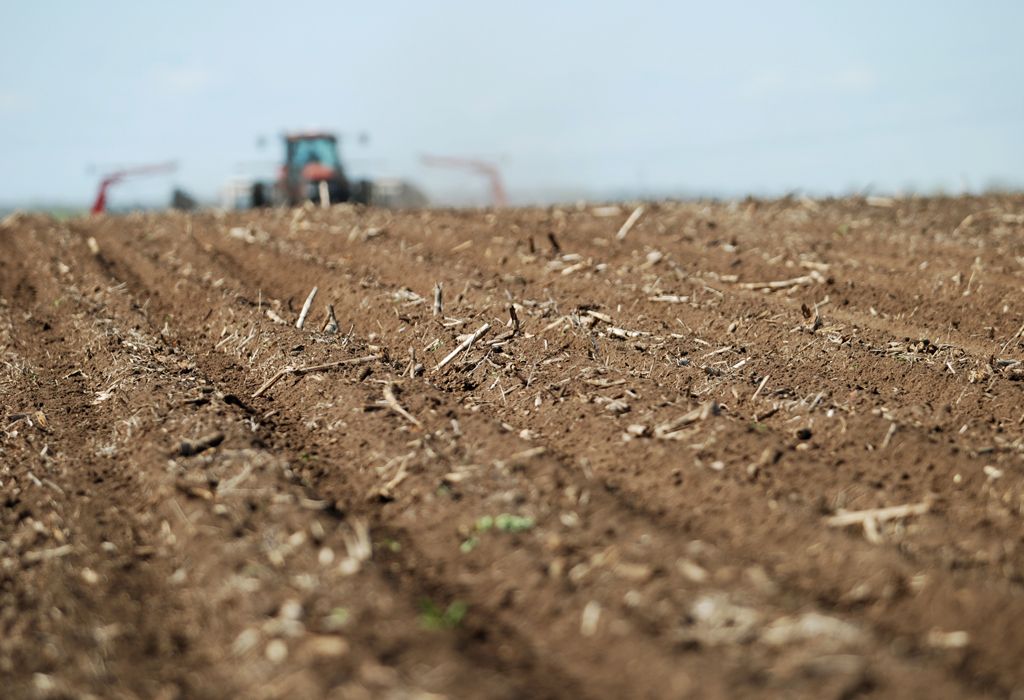
Wisconsin Farm Bureau Federation is encouraging farmers to plan ahead in order to reduce the risk of manure runoff incidents.
DATCP offers an online runoff risk advisory forecast to help farmers determine the potential for manure runoff from fields depending on weather conditions and soil temperatures.
“The runoff risk advisory forecast is a beneficial tool for farmers to make sound decisions while spreading manure,” says WFBF’s Executive Director of Governmental Relations Keith Ripp. “Farmers are a part of the water quality solution. Accounting for current field conditions and evaluating risks associated with spreading helps farmers minimize the overall impact on water quality.”
See the Runoff Risk Advisory Forecast: www.manureadvisorysystem.wi.gov/runoffrisk/index
According to DATCP, the resource provides maps that show short-term runoff risk for daily application planning, considering soil saturation and temperature, weather forecast, snow and crop cover and slope. It is updated three times daily by the National Weather Service.
DATCP advises livestock farmers to consider the following to reduce the risk of manure run off:
- If hauling manure is necessary during a time of high runoff risk, contact your crop consultant and county conservationist for help identifying fields with a lower risk or alternative practices.
- Farmers with adequate liquid manure storage capacity should hold off on spreading until after this high-risk period. Those who must spread during this time should identify fields that are away from streams or lakes and have minimal risk of manure running to surface or groundwater. They also should reduce the normal amount applied per acre.
- Put safety first when traveling on roadways in order to avoid spilling manure, preventing injuries and protecting the health of people and the environment.
It is essential for farmers to have an emergency plan, including who to call and what steps to take, if a spill or runoff occurs. It also is important to consider the necessary steps to cleaning up a spill and how to prevent these incidents from happening.

